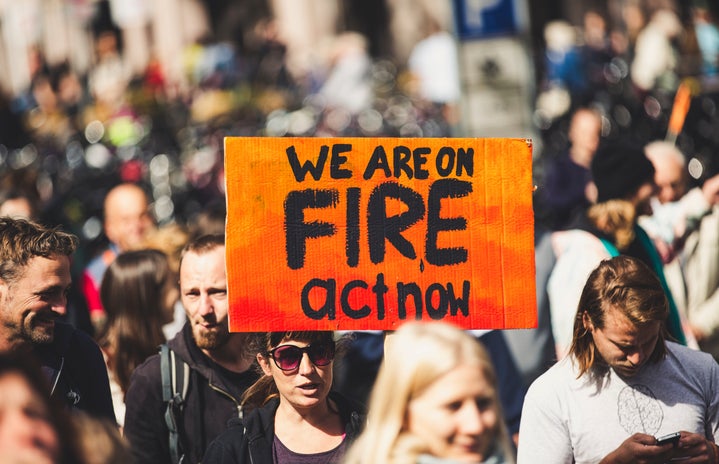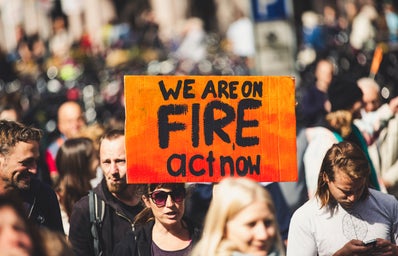The current view from the front door of my childhood home is a thick smog. The air is dry and tastes like smoke, and the atmosphere is tense. My family is extremely anxious to go outside, and they are not alone in this feeling. Seattle, Washington currently ranks second in the world in worst air quality according to IQAir, only behind their neighbor to the south, Portland, Oregon. People have been advised to limit their exposure outside, refrain from outdoor exercise, and (now ironically) wear face coverings if accessible. With conditions such as these, communities seem to have shifted their energy from one global pandemic to another; climate change.
Over the past five years, smoke from forest fires to the north in Canada, east in Northern Idaho and Montana, and directly south in parts of Oregon and California have been increasingly threatening inhabitants of Washington State, as well as people all across the West Coast and Southwestern United States. This perfect enclosure of fires has trapped Seattle and Portland, particularly in late August and early September, since as far back as 2016. The State of Washington’s Department of Ecology has declared the air index as 320. To put this in perspective, anything above 300 is considered hazardous, and those with existing heart conditions are “strongly advised to leave the area” (Seattle Times). However, most people have no safer option or escape plan.
The people who are threatened the most by the effects of wildfire smoke are undeniably BIPOC, with specifically harsh ramifications of Native American communities. This has been the case for the COVID-19 pandemic as well, with skewed access to healthcare and preventative care resulting in disproportionate impacts on minority groups. Those who are not able to stay inside, who cannot afford to work from home, are forced to put their lives on the line every single day. Now more than ever, they are being directly threatened and harmed by unlivable conditions as a result of climate change.
This is just one example of why it is so crucial to vote for representatives who will take on this issue swiftly and seriously. For many living on the West Coast, it seems like it might be too late for action. But for those currently living in protected parts of the United States, we must remember that both domestically and abroad, the effects of climate change are manifesting in ways that could soon be beyond our control. From coronavirus to global warming; it is all real, and it is vital that we act. If not for our sakes, then for those who do not have a voice. I know how easy it can be to forget all that is going on outside the bubble that we create for ourselves, particularly in a place such as Vermont that is so sheltered. However, one FaceTime from my family brought me back to the harsh reality that an entire region of the United States is suffering from a neglect to take preventative measures in the past towards climate change.
Here are some resources to help evacuees and those directly affected by the fires:
https://oregoncf.org/news/support-oregon-wildfire-relief



